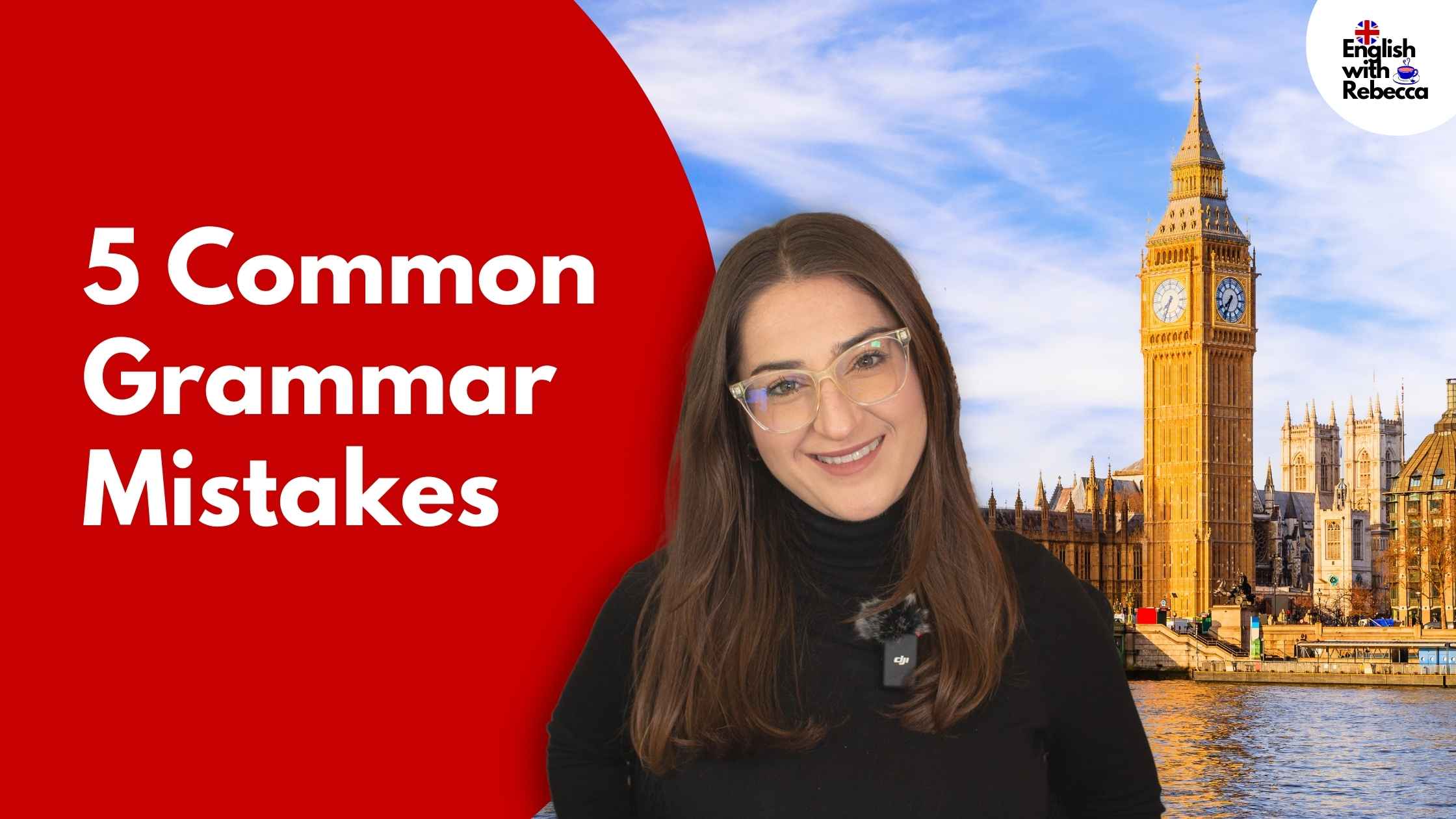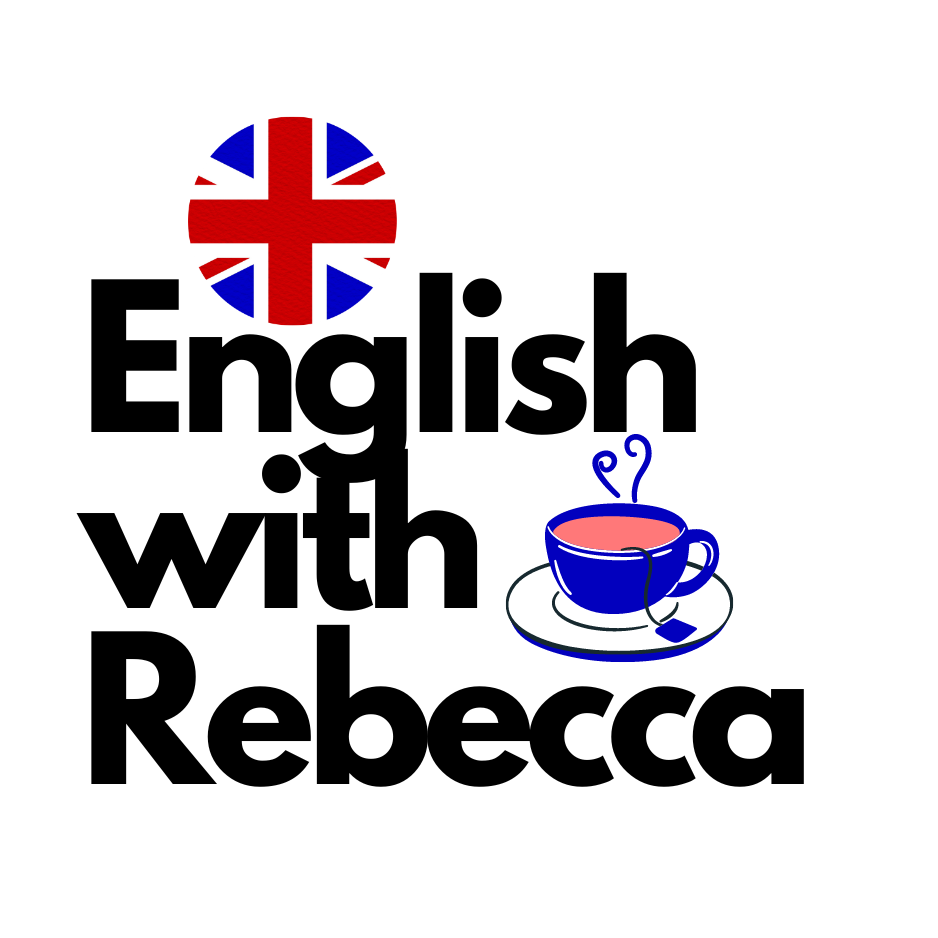
I’ve taught many students around the world over the years, and I’ve noticed certain grammar mistakes tend to pop up more frequently than others across a wide range of learners. To help you avoid these common pitfalls, I’ve compiled the top five grammar mistakes I’ve observed among my students during my teaching journey. Let’s dive into them!
1. Its vs. It’s
📚 Practise Time!
Here are some exercises to reinforce what you’ve learned:
1. Its vs. It’s
This is a classic mistake that confuses even native English speakers at times. Let’s break it down further:
Its: Think of this as a possessive word, like "his" or "her." It shows ownership.
Example: The cat licked its paws after the meal.
Why it’s tricky: Many learners mistakenly add the apostrophe, thinking all possessives need it.
It’s: This is a contraction, short for "it is" or "it has."
Example: It’s raining heavily today.
💡Pro Tip: When in doubt, replace the word with "it is" or "it has" in your sentence. If it makes sense, use "it’s." If not, "its" is the correct choice.
2. Many vs. Much
2. Many vs. Much
Understanding when to use "many" versus "much" is crucial for clear communication.
Many: Use this with countable nouns—things you can count one by one.
Example: There are many chairs in the room.
Common mistake: Saying "much chairs" instead of "many chairs."
Much: Use this with uncountable nouns—things you measure rather than count.
Example: There isn’t much milk left in the fridge.
💡Pro Tip: If you can count the items individually (books, apples, cars), use "many." For things like water, advice, or money, use "much."
3. They’re, There, and Their
This trio of homophones is notorious for tripping up learners because they sound identical but serve very different purposes.
They’re: A contraction of "they are."
Example: They’re planning a trip to London next month.
Why it’s tricky: Learners sometimes confuse contractions with possessives or location indicators.
There: Refers to a place or the existence of something.
Example: Look over there!
Example: There are many opportunities available.
Their: Shows possession, indicating something belongs to "them."
Example: Their house is the one with the blue door.
💡Pro Tip: Remember these distinctions:
"They’re" = "They are."
"There" = a location or statement of existence.
"Their" = belonging to them.
4. Your vs. You’re
4. Your vs. You’re
This pair is another common stumbling block, especially in written English.
Your: A possessive pronoun that shows ownership.
Example: Is this your notebook?
Common mistake: Writing "you’re notebook," confusing the contraction for possession.
You’re: A contraction of "you are."
Example: You’re going to love this movie!
💡Pro Tip: Replace "you’re" with "you are" in the sentence. If it works, you’ve got the right one. If not, "your" is the correct word.
5. Affect vs. Effect
5. Affect vs. Effect
These two words often confuse even advanced learners because they’re so similar in spelling and sound.
Affect: Generally used as a verb, meaning "to influence."
Example: The bad weather will affect our travel plans.
Why it’s tricky: Learners often mistake it for "effect," which has a different role.
Effect: Usually a noun, meaning "the result of an action."
Example: The effect of the new policy was immediate.
💡Pro Tip: If you’re talking about an action or influence, use "affect" (verb). If you’re describing a result or outcome, use "effect" (noun).
A helpful memory trick: Affect = Action, Effect = End result.
A helpful memory trick: Affect = Action, Effect = End result.
📚 Practise Time!
Here are some exercises to reinforce what you’ve learned:
A. Correct the Mistakes
Read the sentences below. Each one contains a common grammar mistake from the blog. Identify the error and rewrite the sentence correctly.
The dog wagged it’s tail after the walk.
There are too much people in the room.
Their going to the cinema tonight.
I can't wait to see your new house! It looks lovely.
The rain had a huge affect on the game.
B. Fill in the Blanks
B. Fill in the Blanks
I don't know if __________ going to the party tomorrow. (they're / there / their)
How __________ sugar do we need for the recipe? (much / many)
This is __________ favourite movie! (your / you're)
The storm will definitely __________ our plans for the weekend. (affect / effect)
__________ a park near my house where I like to go jogging. (they're / there / their)
👏 Well done!
👏 Well done!
Keep practising, and you’ll be using these grammar rules like a pro in no time! 🙌
Answers:
Answers:
Correct the Mistakes:
The dog wagged its tail after the walk.
There are too many people in the room.
They’re going to the cinema tonight.
I can't wait to see your new house! It looks lovely.
The rain had a huge effect on the game.
Fill in the Blanks:
they're
much
your
affect
there
📚 Join The Basics of English Course! 🚀


